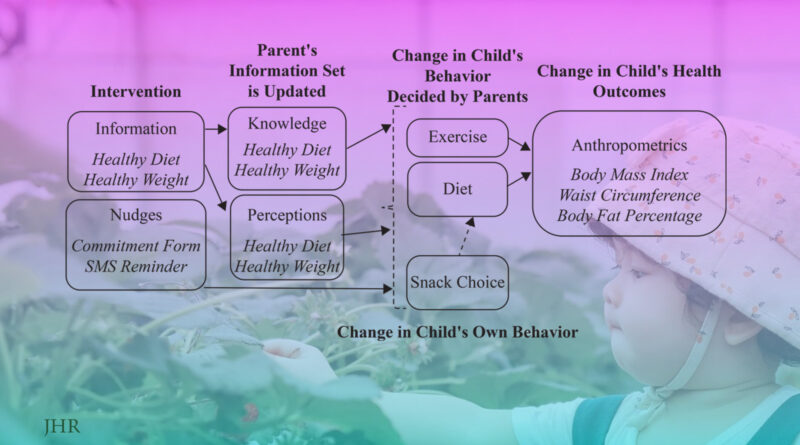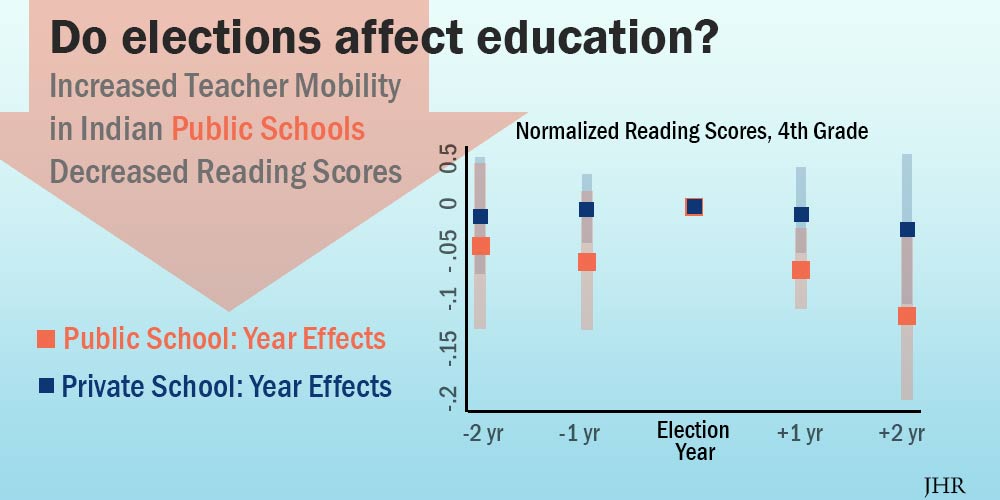Educating and Nudging Parents of Overweight Schoolchildren Reduces Excess Body Fat—Especially for Girls
Childhood obesity is surging in urban areas of Vietnam, but most strategies for tackling it come from high-income countries, making it unclear how they apply to low- and middle-income regions of the world. Researchers Pham Khanh Nam, Brandon J. Restrepo, Matthias Rieger, and Natascha Wagner examined whether educating parents of overweight or obese primary schoolchildren and using “behavioral nudges” could help reduce excess body fat.
The intervention included consultations with nutritionists leading to dietary and exercise goal setting, personalized weight status reports, the provision of weight scales to families, and text message goal reminders. Parents in the control group received only a pamphlet on healthy eating and lifestyles.
After six months, children in the intervention group showed noticeable improvements in body measurements. Waist size decreased by 1%, body fat fell by 2%, and the chance of being overweight or obese dropped by 3%. Healthier diets, including reduced consumption of ultra-processed foods, played a key role.
Despite high rates of obesity at baseline, parents generally believed their children were healthy both before and after the intervention, reflecting cultural norms that equate higher weight with good health.
The intervention worked better for girls than for boys, likely reflecting a preference for more slender girls. Parents of girls were more likely to set and achieve dietary goals, while parents of boys focused more on increasing exercise, but without success. The benefits for girls persisted nearly two years later, with sustained reductions in body fat and the chance of being overweight or obese.
At a cost of €35 per child, the intervention was cost-effective for girls and could potentially save millions in obesity-related healthcare costs if scaled up. Future research should explore strategies that are more effective with boys and address deeply held cultural beliefs in Vietnam where overweight children are often perceived as healthier.
Read the article in the Journal of Human Resources: “Can Information Enhanced with Nudges Mitigate the Rise of Childhood Obesity in the Global South?” by Pham Khanh Nam, Brandon J. Restrepo, Matthias Rieger and Natascha Wagner.
***
Pham Khanh Nam is Associate Professor Economics at the University of Economics Ho Chi Minh City, Vietnam (@phamknam). Brandon J. Restrepo is a Research Economist at the USDA, Economic Research Service, Washington, DC (@Don_Restrepo). Matthias Rieger is Professor Global Health at Erasmus School of Health Policy & Management and The International Institute of Social Studies of Erasmus University Rotterdam, The Netherlands. Natascha Wagner is Professor of Development Economics and Director of the Global Data Lab at Radboud University in Nijmegen, The Netherlands.




